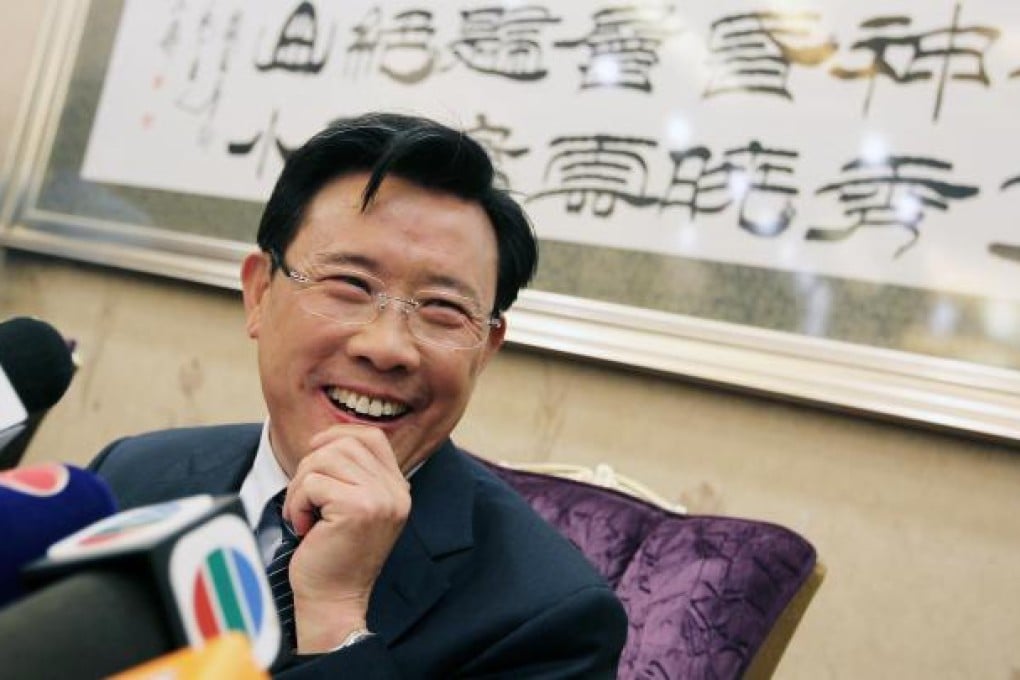Communist Party Central Committee not for me, tycoon Liang Wengen insists
Liang Wengen denies rumours he will become alternate member of Central Committee, insisting he's not the man for the job

One of China's richest men, Liang Wengen, yesterday denied he would become an alternate member of the Communist Party's Central Committee, putting to bed rumours that have persisted since last year.

He said the party indeed needed private businesspeople on its Central Committee - which sits below only the Standing Committee and the 25-member Politburo in the political pantheon - in order to show the world it recognised and supported private businesses.
But he said he wasn't the man for the job. "I will retire [from my company] in 10 years. But I hope other private entrepreneurs … bring our wishes to the core group," he said.
The Central Committee has 204 members and 167 alternate members. An alternate can be voted in to fill a vacancy in the group.
The 56-year-old billionaire, who owns China's biggest construction-machinery maker, Sany Group, said although political reform had been carried out for the past decade, more efforts were needed to make China a fairer and more just society under the rule of law.